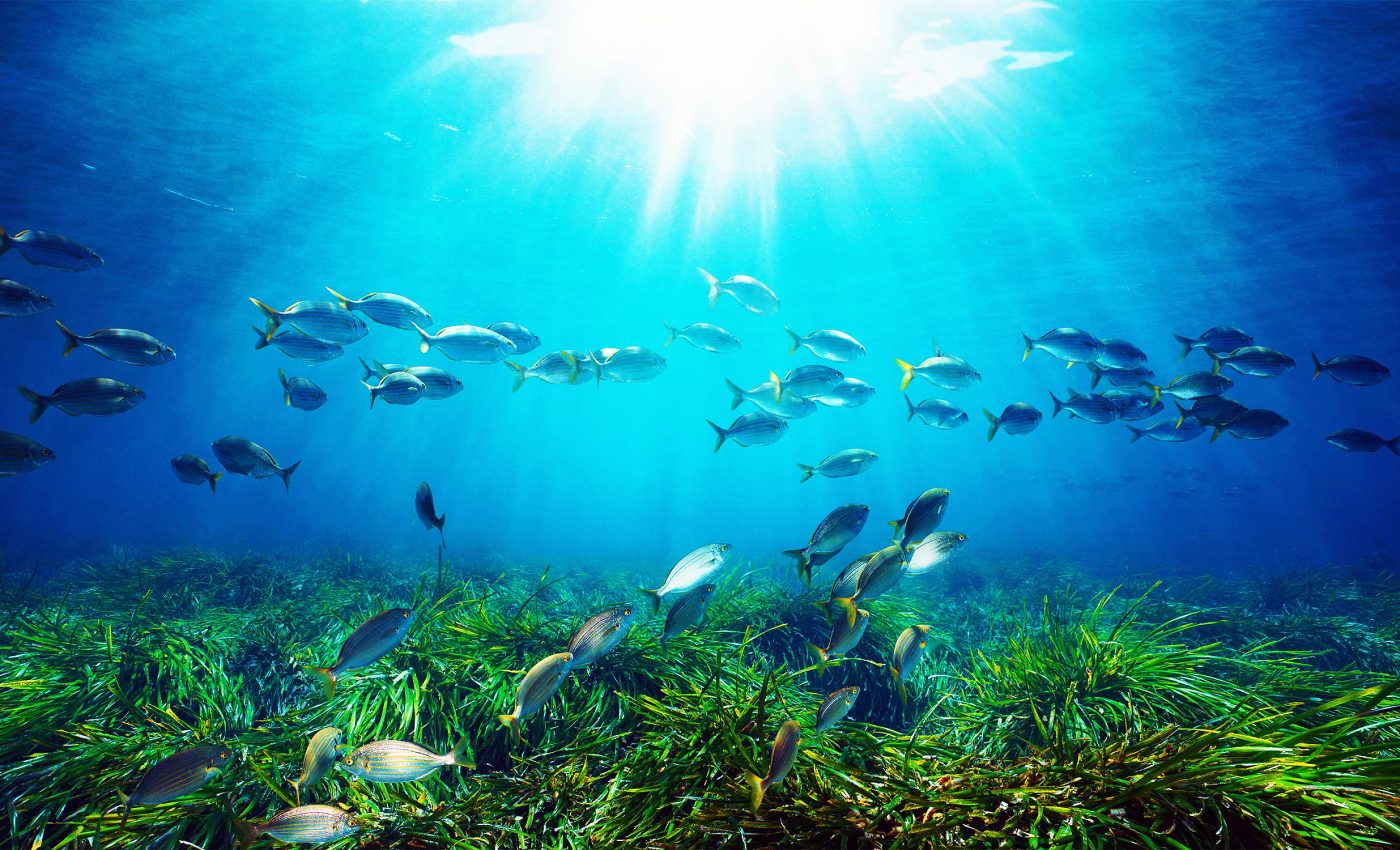
Light at night permanently changes fish behavior and harms offspring
Humans aren’t the only animals affected by the increasing proliferation of artificial light at night (ALAN). Recent studies found that light pollution, especially the blue spectrum, dramatically impacts fish behavior, even influencing their offspring.
Our planet at night, once a canvas of star-studded obsidian, has been illuminated to such lengths that darkness seems a thing of the past.
This phenomenon, dubbed as ALAN, is the primary culprit for global light pollution. The constant glow from street-lights, buildings and our personal devices create a world that never truly sees nightfall.
It’s no wonder then that our sleep schedules are in disarray, and it turns out, so are the zebrafish’s.
Anxious fish and unnatural light
The team of scientific scholars from the Institute of Hydrobiology Chinese Academy of Sciences and the Max Planck Institute of Animal Behavior, led by Wei Wei Li, delved into how ALAN affects the behavior of zebrafish.
They found that constant exposure to light resulted in the zebrafish displaying anxiety-like behaviors — they swam less, spent more time near the aquarium walls, and congregated in closer groups.
The team discovered that while all wavelengths of light induced these changes, the blue spectrum triggered the most immediate and intense responses.
These findings might make you reconsider your next late-night Netflix binge. After all, it’s not only your sleep that’s getting compromised.
Negative impact of ALAN
Wei Wei Li brings to our attention an unsettling fact — the impact of ALAN isn’t exclusive to us humans.
The illumination levels used in their study were similar to the amount of light filtering into animal habitats from our outdoor sources.
“Sleep is one of the main processes of animals that is disrupted by ALAN, so we were curious to know what that means for their ability to navigate their lives. In other words, what does it mean for their behavior?” explains Wei Wei Li.
“The light levels that we used in our study matched what is already shining into the homes of animals at night through the many sources we place outdoors. And we found extremely strong and clear negative effects on the behavior of fish and their offspring after only a few bright nights.”
Blue light and fish offspring
It’s no secret that blue light disrupts the human sleep cycle. But the research team wanted to uncover whether different wavelengths affected fish behavior differently.
After exposing female zebrafish to various light regimes for eight nights, they recorded behaviors such as decreased swimming and wall-hugging.
The impact of blue light, however, was discernible much sooner – after just five nights of exposure.
“This is consistent with what is known in humans, that exposure to the blue light of our electronic displays has the biggest effect on our sleep and possibly other physiological cycles,” co-author Aneesh Bose observes.
While the study did not aim to uncover a mechanism, the authors speculate that the observed behavioral patterns could stem from sleep deprivation.
“The fish could pull a few all-nighters, but after too many nights of disrupted sleep it eventually caught up to them,” explains Bose.
Effects linger
The effects of ALAN appear to be more than just fleeting. The study found that these behavioral changes in zebrafish didn’t cease with the individual but extended to their offspring.
“We found that light pollution disrupted the natural behavior of fish, and this disruption may have fitness and performance consequences,” Ming Duan from the Chinese Academy of Sciences elaborates.
While we can’t entirely eliminate artificial light, we can certainly be more mindful of its repercussions. It’s not just about turning off the lights when not in use but also about reconsidering the type of light we emit near animal habitats.
“The best thing we can do is minimize the use of blue wavelength light sources where animals are trying to sleep,” Duan suggests.
Saving fish from light pollution
What we have been lights-out about is how the light we cast influences more than just our sleep patterns.
From anxiety-like behaviors to progeny impact, the findings of this study shine a light (pun intended) on the unintended consequences of our illuminated existence.
It’s high time we dimmed our luminescent lifestyles for a brighter future, for us and our aquatic pals.
So, the next time you leave a light on, remember — it’s not just you, but also your finned neighbors who might be kept awake.
The study is published in the journal Science of The Total Environment.
—–
Like what you read? Subscribe to our newsletter for engaging articles, exclusive content, and the latest updates.
Check us out on EarthSnap, a free app brought to you by Eric Ralls and Earth.com.
—–













